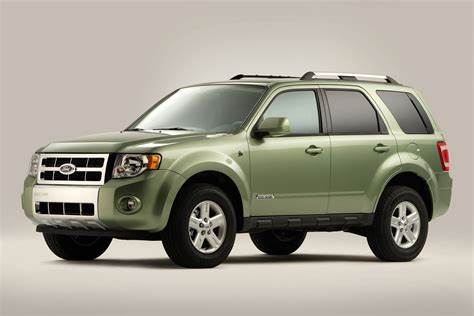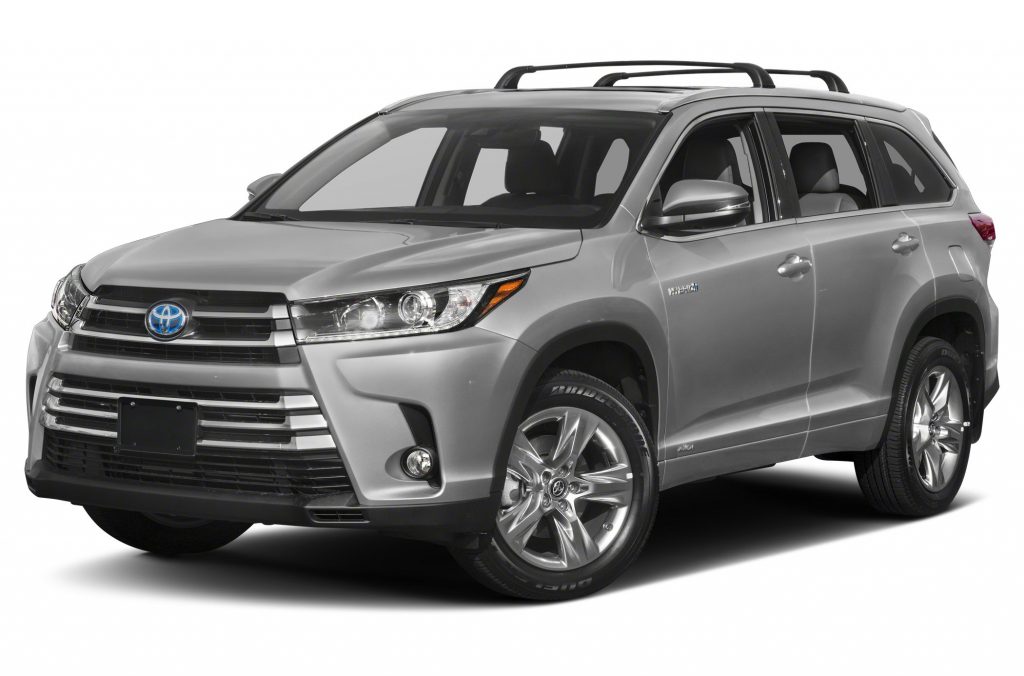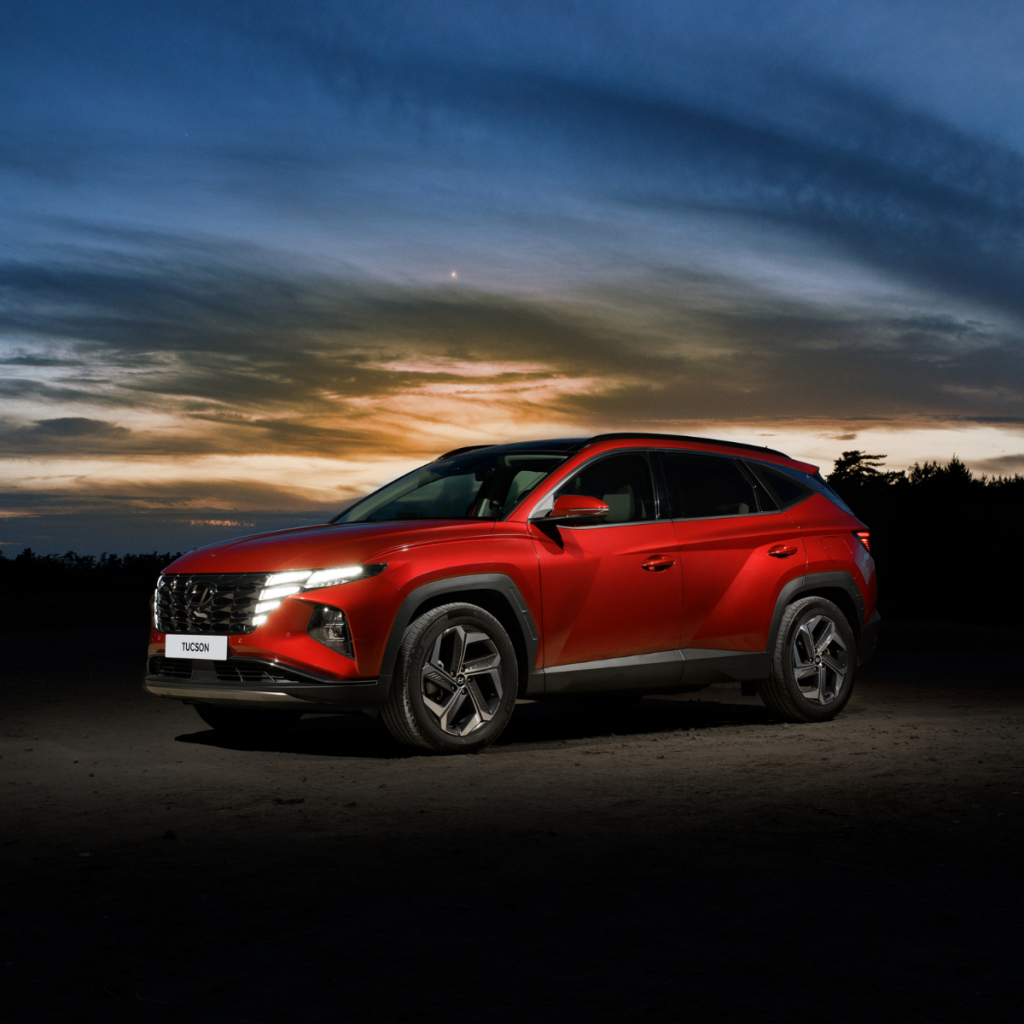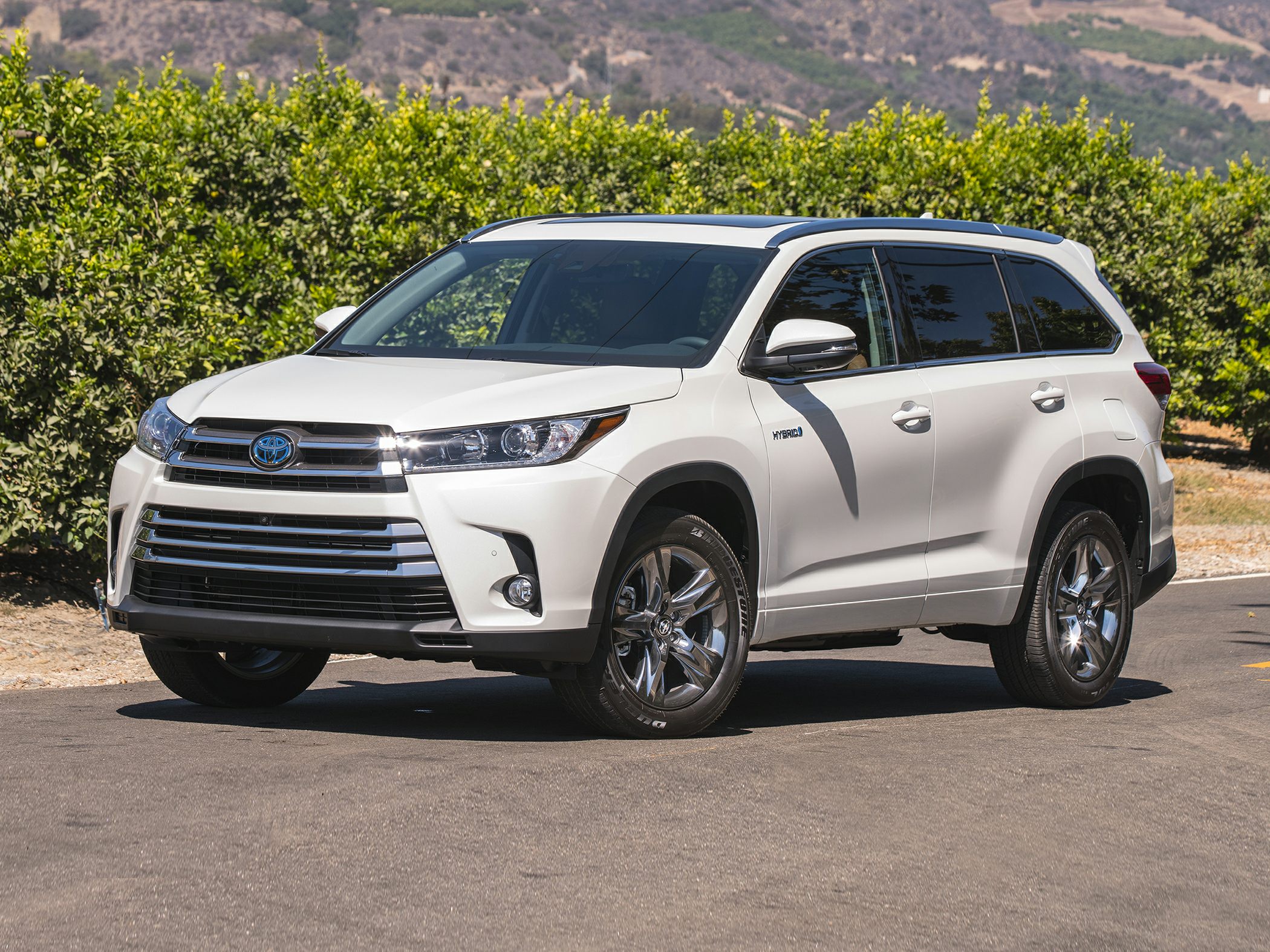When it comes to purchasing a new vehicle, buying your first SUV can be both an exciting and daunting decision. With so many models, features, and price points to consider, it’s important to understand what makes an SUV the right fit for you. Whether you’re transitioning from a sedan or upgrading from a smaller vehicle, SUVs offer a blend of comfort, versatility, and performance that’s hard to match. In this guide, we’ll walk you through the essential factors to consider before making your purchase, ensuring you choose the best SUV for your needs. From size and safety features to fuel efficiency and technology, we’ll cover all the key points to help you make an informed decision.
1. Determine the Right Size SUV for Your Needs
One of the first things to consider when buying your first SUV is the size. SUVs come in a range of sizes, from compact models to full-size behemoths. The size of the SUV will directly impact the amount of passenger and cargo space, as well as fuel efficiency and handling.

If you’re looking for a vehicle that’s easy to maneuver around the city and parks in tight spaces, a compact SUV like the Honda CR-V or Toyota RAV4 could be a great choice. These smaller SUVs offer the benefits of an elevated driving position and ample cargo space, without being too bulky for everyday driving. On the other hand, if you need more space for a growing family or frequent road trips, a mid-size or full-size SUV, such as the Ford Explorer or Chevrolet Tahoe, would provide extra room for passengers and luggage.
2. Fuel Efficiency Matters
One of the primary concerns when buying an SUV is fuel economy. While SUVs tend to be less fuel-efficient than sedans or compact cars, advancements in technology have allowed many models to achieve better mileage than ever before. Hybrid and electric SUVs, in particular, have become popular for their superior fuel efficiency and reduced environmental impact.
For those seeking traditional gasoline-powered options, consider models like the Toyota RAV4 or the Subaru Outback, which deliver impressive mileage figures for their size. If you’re interested in going green, hybrid SUVs such as the Honda CR-V Hybrid or Ford Escape Hybrid offer excellent fuel efficiency while still delivering the power and utility that an SUV offers.
3. Evaluate Safety Features
When buying your first SUV, safety should be a top priority. Thankfully, most modern SUVs come equipped with a host of advanced safety features, but not all models offer the same level of protection. Features such as lane departure warning, adaptive cruise control, automatic emergency braking, and blind-spot monitoring are now standard or available in many mid-range SUVs.
If safety is a top concern, consider models with a strong safety track record and high crash-test ratings, such as the Volvo XC90 or the Subaru Forester. It’s also essential to review the SUV’s performance in crash tests, so check ratings from reputable organizations like the National Highway Traffic Safety Administration (NHTSA) or the Insurance Institute for Highway Safety (IIHS).
4. Know Your Budget
Setting a budget is one of the most important steps before purchasing your first SUV. SUVs come in a wide range of prices, so it’s crucial to establish a spending limit based on what you can afford. Be sure to factor in not just the purchase price, but also the long-term costs, including insurance, maintenance, and fuel.
Consider whether a new or used SUV fits within your budget. While new models come with the latest features and warranties, they can be significantly more expensive. Used SUVs can be a more affordable option, but you’ll want to ensure that the vehicle is in good condition and hasn’t been involved in any major accidents. Certified pre-owned (CPO) programs offered by dealerships can provide added peace of mind by offering warranties and thorough inspections for used vehicles.
5. Consider the Driving Experience
Another important factor when buying an SUV is how it drives. Different SUVs offer different driving experiences, from smooth and comfortable rides to more sporty or rugged handling. Consider where you will be driving the most – if you frequently drive in the city, you may want an SUV with good handling, a comfortable ride, and a smaller turning radius. On the other hand, if you plan to take your SUV off-road, make sure to select a model that offers all-wheel drive (AWD) or four-wheel drive (4WD) for better traction and stability on uneven terrain.
If a sporty feel is what you seek, models like the BMW X3 or Audi Q5 provide a dynamic driving experience with responsive handling and performance-driven features. If off-road capability is more important to you, the Jeep Grand Cherokee or Toyota 4Runner would be better options, offering rugged off-road performance without sacrificing on-road comfort.
6. Interior Features and Comfort
When selecting your first SUV, comfort is key, especially for long drives or trips with family and friends. Look for an SUV that offers a spacious interior, high-quality materials, and a user-friendly infotainment system. Popular features to look for include a touchscreen interface, smartphone connectivity (Apple CarPlay, Android Auto), adjustable seating, and ample legroom for both front and rear passengers.

Additionally, some SUVs offer luxury upgrades such as leather seats, heated and ventilated seating, and premium sound systems, which can make your driving experience even more enjoyable. Popular SUVs like the Lexus RX or the Mercedes-Benz GLE offer these high-end features for drivers looking for a more refined experience.
7. Towing and Payload Capacity
Another important consideration when buying your first SUV is towing capacity. If you plan to tow a boat, trailer, or camper, be sure to check the SUV’s towing capacity. Full-size SUVs such as the Chevrolet Suburban or GMC Yukon offer excellent towing power, making them ideal for heavy-duty tasks.
However, if you don’t need to tow large loads but still need an SUV for occasional hauling, models like the Toyota Highlander or Ford Edge offer sufficient towing capacity for light-to-medium-duty jobs. Pay attention to the towing features offered, such as trailer sway control and a tow hitch, which are often available in upgraded trims.
8. Research Resale Value
SUVs can often hold their value better than other types of vehicles, but it’s still important to research how well different models retain their value over time. If resale value is important to you, consider brands known for their long-term reliability and strong resale potential, such as Toyota, Honda, and Subaru.
The Toyota 4Runner, for example, is known for its longevity and strong resale value, while luxury SUVs like the Lexus RX also tend to maintain their value well. Keep in mind that factors like mileage, condition, and demand for the vehicle in your area will also affect resale value.
9. Understand Available Incentives and Financing Options
Before making your final decision, research the available incentives and financing options for the SUV you’re interested in. Automakers often offer special promotions, including cash rebates, low-interest financing, or lease deals, which can make your purchase more affordable.

Additionally, consider your financing options, whether through a dealership or a third-party lender. It’s important to understand the interest rates, loan terms, and monthly payments before committing to a financing plan.
Conclusion: Choosing the Right SUV for You
Buying your first SUV is an exciting decision, but it requires careful consideration to ensure you get the best vehicle for your needs and budget. By evaluating key factors such as size, fuel efficiency, safety features, and comfort, you can make a more informed decision. Whether you’re looking for a compact city SUV or a full-size family hauler, there’s a wide range of options available to suit your lifestyle. Keep these tips in mind and take your time researching models, so you can drive away in an SUV that will serve you well for years to come.

Leave a Reply